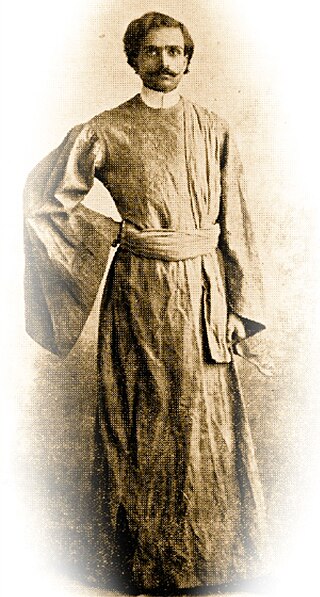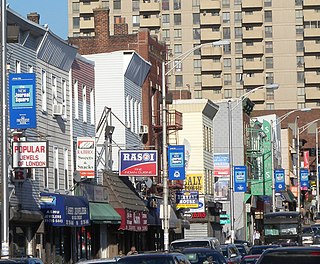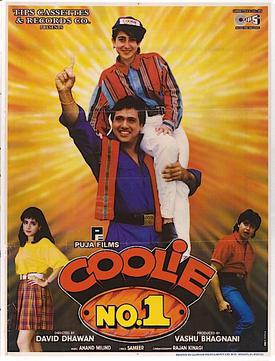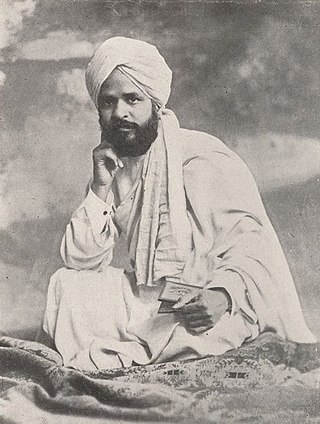
The Tydings–McDuffie Act, officially the Philippine Independence Act, is an Act of Congress that established the process for the Philippines, then an American territory, to become an independent country after a ten-year transition period. Under the act, the 1935 Constitution of the Philippines was written and the Commonwealth of the Philippines was established, with the first directly elected President of the Philippines. It also established limitations on Filipino immigration to the United States.

The Mexican Repatriation is the common name given to the repatriation, deportation, and expulsion of Mexicans and Mexican Americans from the United States during the Great Depression between 1929 and 1939. Estimates of how many were repatriated, deported, or expelled range from 300,000 to 2 million.
United States v. Bhagat Singh Thind, 261 U.S. 204 (1923), was a case in which the Supreme Court of the United States decided that Bhagat Singh Thind, an Indian Sikh man who identified himself as an Aryan, was ineligible for naturalized citizenship in the United States. In 1919, Thind filed a petition for naturalization under the Naturalization Act of 1906 which allowed only "free white persons" and "aliens of African nativity and persons of African descent" to become United States citizens by naturalization.

Dalip Singh Saund was an Indian-American politician who served three terms in the United States House of Representatives from California's 29th congressional district as a member of the Democratic Party.
Asian immigration to the United States refers to immigration to the United States from part of the continent of Asia, which includes East Asia, South Asia, and Southeast Asia. Asian-origin populations have historically been in the territory that would eventually become the United States since the 16th century. The first major wave of Asian immigration occurred in the late 19th century, primarily in Hawaii and the West Coast. Asian Americans experienced exclusion, and limitations to immigration, by the United States law between 1875 and 1965, and were largely prohibited from naturalization until the 1940s. Since the elimination of Asian exclusion laws and the reform of the immigration system in the Immigration and Nationality Act of 1965, there has been a large increase in the number of immigrants to the United States from Asia.

The Pakistani Instrument of Surrender was a legal document signed between India and Pakistan to end the Bangladesh Liberation War and the Indo-Pakistani War of 1971. Per the trilateral agreement, the Pakistani government surrendered the Armed Forces Eastern Command, thereby enabling the establishment of the People's Republic of Bangladesh over the territory of East Pakistan. The document was signed by Jagjit Singh Aurora and Pakistan's A. A. K. Niazi, who corroborated the surrender of 93,000 Pakistani soldiers — the world's largest surrender in terms of number of personnel since World War II. Despite the agreement, Pakistan did not formally recognize Bangladeshi sovereignty until February 1974.
The American Association of Physicians of Indian Origin (AAPI) is a professional association for Indian American physicians.
Sepoy/Honorary Captain Baba Harbhajan Singh (1946–1968) was an Indian Army soldier who served from 30 June 1965 to 4 October 1968. He is said to serve the Indian Army even after his death by coming in dreams of soldiers and telling them the plans of their enemies. There is a temple dedicated to him in East Sikkim.

Akhay Kumar Mozumdar was an Indian American spiritual writer and teacher associated with the New Thought Movement in the United States. He became a naturalized American in 1913 and in 1923, following United States v. Bhagat Singh Thind, Mozumdar was the first Indian after Bhagat Singh Thind to have his United States citizenship taken away.

Indian Americans are citizens of the United States with ancestry from India. The terms Asian Indian and East Indian are used to avoid confusion with Native Americans in the United States, who are also referred to as "Indians" or "American Indians". With a population of more than 4.9 million, Indian Americans make up approximately 1.35% of the U.S. population and are the largest group of South Asian Americans, the largest Asian-alone group, and the largest group of Asian Americans after Chinese Americans. Indian Americans are the highest-earning ethnic group in the United States.

Lieutenant General Jagjit Singh Aurora, was an Indian Army General Officer who was the General Officer Commanding-in-Chief (GOC-in-C) Eastern Command during the Bangladesh Liberation War and the Indo-Pakistani War of 1971. He organised and led the ground forces campaign in the Eastern Front of the war, which led to an overwhelming defeat of the combined Pakistan Armed Forces in East-Pakistan that led to the creation of Bangladesh.

Vishva Hindu Parishad (VHP) is an Indian right-wing Hindu organisation based on Hindu nationalism. The VHP was founded in 1964 by M. S. Golwalkar and S. S. Apte in collaboration with Swami Chinmayananda. Its stated objective is "to organise, consolidate the Hindu society and to serve and protect the Hindu Dharma". It was established to construct and renovate Hindu temples, and deal with matters of cow slaughter and religious conversion. The VHP is a member of the Sangh Parivar group, the family of Hindu nationalist organisations led by the RSS.

Coolie No. 1 is a 1995 Indian Hindi-language comedy masala film, directed by David Dhawan, and written by Rumi Jaffery and Kader Khan. The film stars Govinda, Karisma Kapoor, Kader Khan, Shakti Kapoor, Harish Kumar, Sadashiv Amrapurkar and Mahesh Anand, with music by Anand–Milind. The film is a remake of the Tamil film Chinna Mapillai (1993).

The Luce–Celler Act of 1946, Pub. L. No. 79-483, 60 Stat. 416, is an Act of the United States Congress which provided a quota of 100 Filipinos and 100 Indians from Asia to immigrate to the United States per year, which for the first time allowed these people to naturalize as American citizens. Upon becoming citizens, these new Americans could own property under their names and even petition for their immediate family members from abroad.

Punjabiyat means "Punjabiness" and is the language revitalization movement of Punjabi.

Erika Lee is the inaugural Bae Family Professor of History at Harvard University, a position she began in July 2023. Previously, she was the Rudolph J. Vecoli Chair and Director of the Immigration History Research Center at the University of Minnesota and an award-winning non-fiction writer.

Sakharam Ganesh Pandit (1875–1959), also known as S. G. Pandit, was an Indian American lawyer and civil rights activist. Pandit immigrated to the United States in 1906 and became a citizen in 1914. In 1923, he represented Bhagat Singh Thind in the Supreme Court case United States v. Bhagat Singh Thind; the Court ruled against Thind and found that Indians were ineligible for United States citizenship. However, Pandit successfully fought against a subsequent attempt to remove his own citizenship, and the federal government thereafter gave up its efforts to denaturalize Indian Americans. Pandit died in Los Angeles in 1959.

Memory Lands: King Philip's War and the Place of Violence is a 2018 book by Williams College history professor Christine DeLucia. The book was published by Yale University Press's Henry Roe Cloud Series on American Indians and Modernity. It looks at over three hundred years of Indigenous history from King Philip's War to the present day, mostly in the North American Northeast, as well as in Bermuda. The book focuses on the role of place and details the continued presence of Indigenous peoples and memory in Bastoniak (Boston), Narragansett, along the middle of the Kwinitekw Valley, and Bermuda.

Sabrina Singh is an American administrator who has served as the Deputy Pentagon Press Secretary in the Department of Defense since April 2022. Singh previously served as Special Assistant to the President and Deputy Press Secretary for Vice President Kamala Harris in the Biden administration from 2021 to 2022.

Hugh MacRae was an American businessman who served as a co-conspirator in the Wilmington insurrection of 1898.















